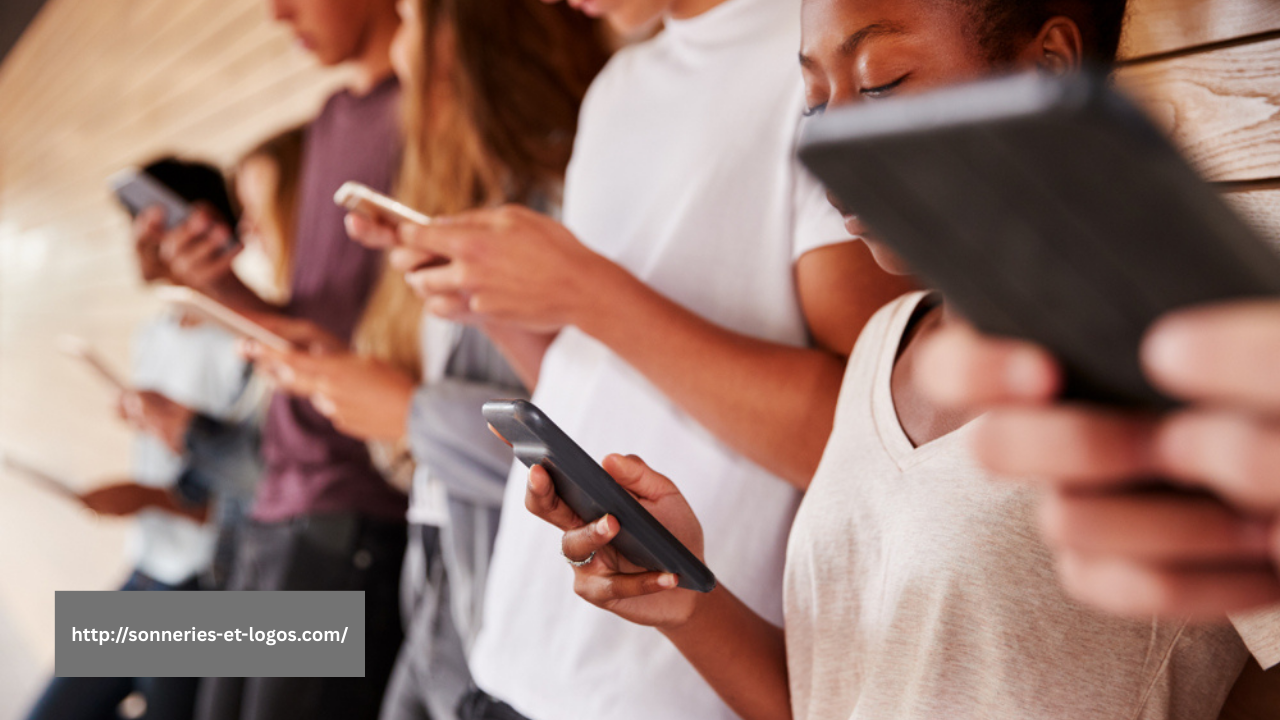Smartphones have transformed the way we live, work, and connect. With just a few taps, we can access news, navigate traffic, order groceries, or video chat with someone across the globe. They offer an unprecedented level of convenience, shaping nearly every aspect of modern life. But behind the glossy screens and sleek designs lies a growing crisis—one that affects our minds, bodies, and relationships. Smartphone overuse has quietly escalated into a global issue, with serious consequences that often go unnoticed until it’s too late.
The Slippery Slope of Convenience
What starts as a helpful tool can quickly become a source of dependence. Smartphones are designed to be addictive. From the moment we wake up to the moment we fall asleep, many of us are glued to our screens—checking emails, scrolling through social media, watching videos, or playing games. Tech companies use attention-grabbing features like endless scrolling, push notifications, and personalized content to keep users engaged for as long as possible. The longer we stay online, the more data they collect—and the more profit they generate.
This digital dependency often begins with convenience: using GPS to find directions, checking the weather, or responding to a quick text. But over time, these small interactions stack up, leading to hours of daily screen time and a reduced ability to function without constant connectivity.
Mental Health Fallout
One of the most significant consequences of smartphone overuse is its toll on mental health. Research has consistently linked excessive screen time to:
-
Anxiety and Depression: Social media platforms often showcase filtered, idealized versions of life, leading to comparisons that can fuel feelings of inadequacy and low self-esteem.
-
Chronic Stress: Constant notifications and the pressure to respond quickly can create a sense of urgency and overwhelm.
-
Reduced Focus: The frequent switching between apps and tasks fragments attention, making it harder to concentrate and increasing the likelihood of mistakes.
Additionally, smartphones can interfere with our ability to be present. Instead of experiencing moments fully, we may find ourselves distracted by notifications or preoccupied with capturing the perfect photo to post online.
Physical Health Concerns
Smartphone overuse isn’t just a mental health issue—it also poses risks to physical well-being. Common problems include:
-
Sleep Disturbance: The blue light emitted by screens disrupts melatonin production, interfering with our ability to fall asleep and get quality rest.
-
Eye Strain and Headaches: Prolonged screen exposure can cause discomfort, blurred vision, and digital eye strain.
-
Poor Posture: “Text neck,” caused by looking down at a phone for extended periods, can lead to chronic neck and back pain.
Relationship Damage
Smartphones can also harm personal relationships. It’s not uncommon to see couples, families, or friends sitting together in silence, each absorbed in their own screen. This phenomenon, known as “phubbing” (phone snubbing), can lead to emotional distance, resentment, and a breakdown in meaningful communication.
Finding Balance
The key to reversing this crisis lies in mindful use. Strategies like setting screen time limits, turning off non-essential notifications, and creating phone-free zones can help. More importantly, prioritizing real-world interactions, rest, and self-care is essential to maintaining a healthy relationship with technology.
Conclusion
Smartphones offer undeniable convenience, but unchecked use can turn that convenience into a crisis. By becoming more aware of our habits and taking steps to disconnect, we can reclaim our time, focus, and emotional well-being—before the dark side of overuse takes over.
